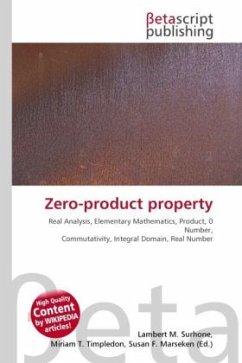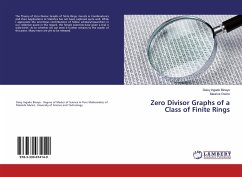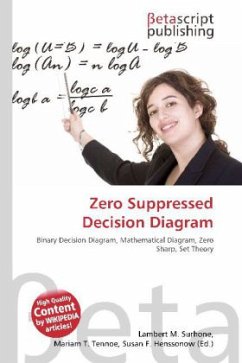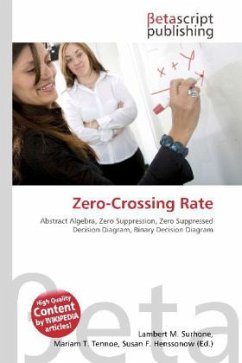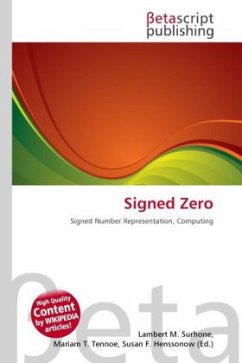High Quality Content by WIKIPEDIA articles! In the mathematical areas of algebra and analysis, the zero-product property, also known as the zero-product rule, is an abstract and explicit statement of the familiar property from elementary mathematics that if the product of two real numbers is zero, then at least one of the numbers in the product (factors) must be zero.The interplay between the additive and multiplicative operations (where multiplication distributes over addition) leads automatically to Property 1: that 0 × a = 0 = a × 0 for all a in A (which is proved below). This is true for any context in which addition and multiplication have group structures defined on the same set (for example, an algebra). Property 2 is, however, not a natural consequence of this interplay, as there are algebraic structures in which addition and multiplication are defined which do not have the zero-product property.
Bitte wählen Sie Ihr Anliegen aus.
Rechnungen
Retourenschein anfordern
Bestellstatus
Storno

